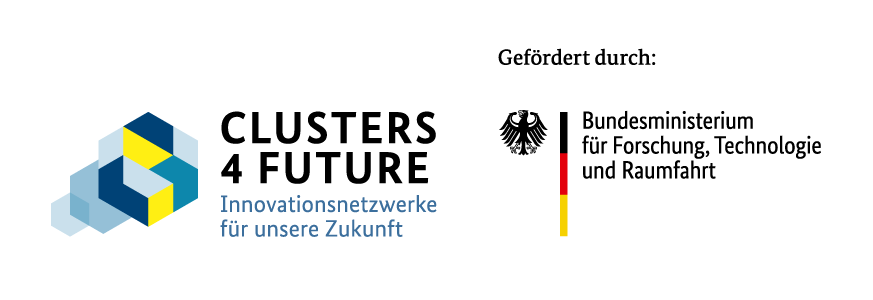Future-oriented urban development considers mobility and quality of life together. Clever land use and the targeted linking of living, working and leisure areas create urban spaces in which distances become shorter, forms of mobility more diverse and everyday journeys more sustainable. The promotion of environmentally friendly means of transportation - such as walking, cycling and public transport - plays a central role in this. Green areas, traffic-calmed zones and multifunctional public spaces not only create recreational areas, but also reduce noise and air pollution. The result is a city that is socially connected, ecologically sustainable and inclusive. With innovative concepts and integrated planning approaches, we work together with residents to redesign streetscapes that rethink urban space and thus ensure a better quality of life and participation in the city.
No results available
The visual utopian Jan Kamensky presented his latest vision in cooperation with the Munich S-Bahn.
What if fewer cars were normal in the city?
Fewer cars, more life - is that possible? The aqt project has transformed Munich's streets into vibrant living spaces in 2023. The majority of residents say: yes, it works!
As part of the MCube Speaker Series "Future of Mobility", researchers and industry leaders summarized the real-world laboratory in the southern Au.
From July to October 2023, a section of Landlstraße in Obergiesing was closed to vehicle traffic as part of the MCube project aqt. Seating, raised beds and trees invite you to use the space.
On June 17, 2023, our aqt project was launched - on Schlotthauerplatz and Edlingerplatz and in between on Kolumbusstraße, visitors were able to experience a car-reduced and repurposed space.
The future of mobility - the future of neighborhoods | What will the urban neighborhood of tomorrow look like?
As the public and experts agree, the reduction of private vehicles in inner-city neighborhoods offers great potential for upgrading and climate adaptation of urban public spaces.
No results available
Want to shape the future of mobility with us?
Then please get in touch with us.

What is MOSAIQ?
Imagine something: There is more space for people. The streets have more trees and plants. Everyone can get around better. That's how your Schwabing-West district could be in the future. How would you like your district to be? We want to talk to you about it!
The project is called MOSAIQ. MOSAIQ is a research∙project. MOSAIQ means: Mobility and urban climate in the future city∙part. The Technical University of Munich is leading the project.
What is MOSAIQ about?
MOSAIQ wants to make the streets in the city∙part more beautiful. People should feel comfortable there. There should be more space. For meetings and plants, for example. You can help decide what is tried out in the Stadt∙teil. The ideas come from you. Some ideas will be tried out on the streets for a certain period of time.
The aim of MOSAIQ is to make urban districts good places to live.
At the same time, the climate in the city should improve. And people should be able to move around the city easily.
What is happening in the district?